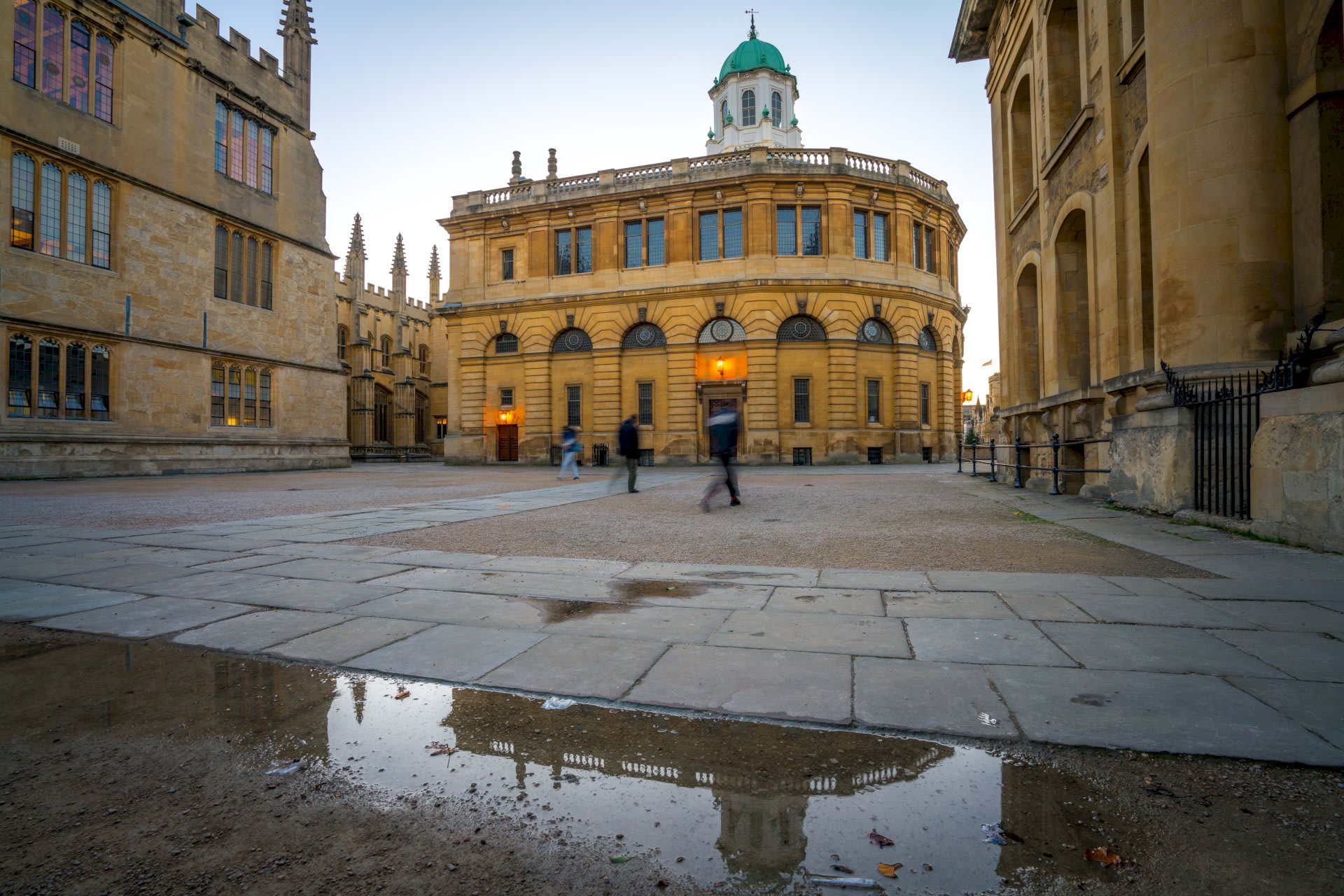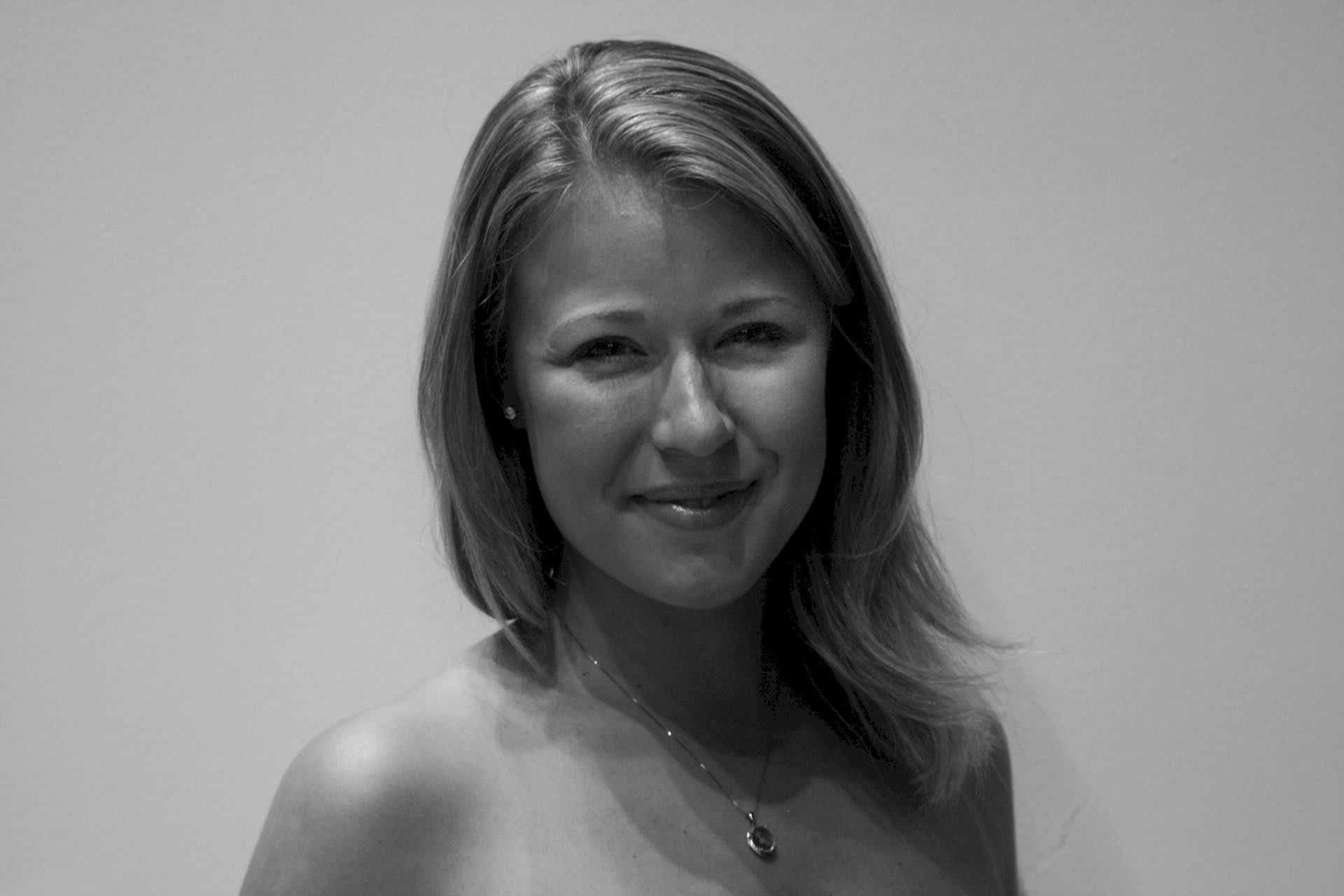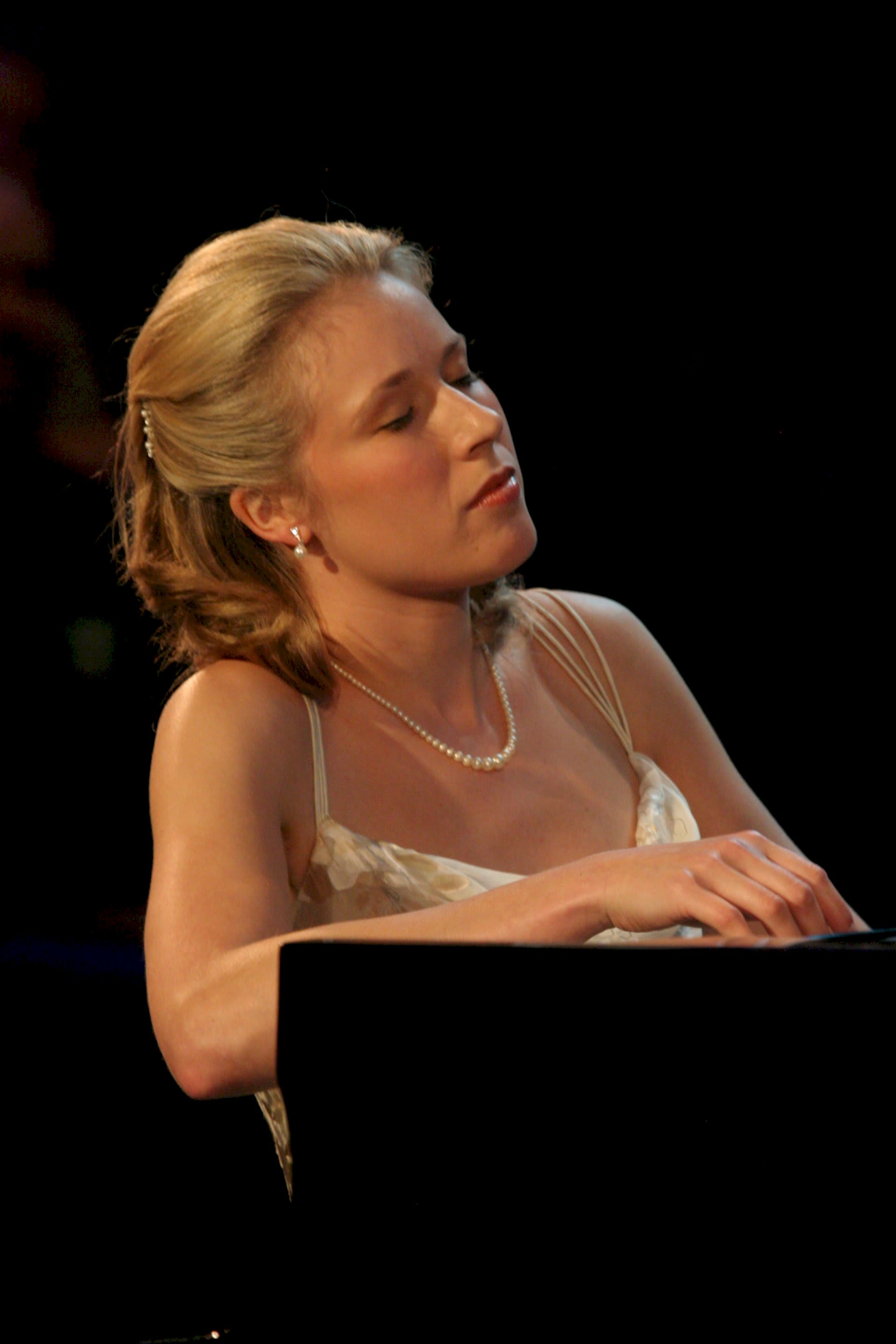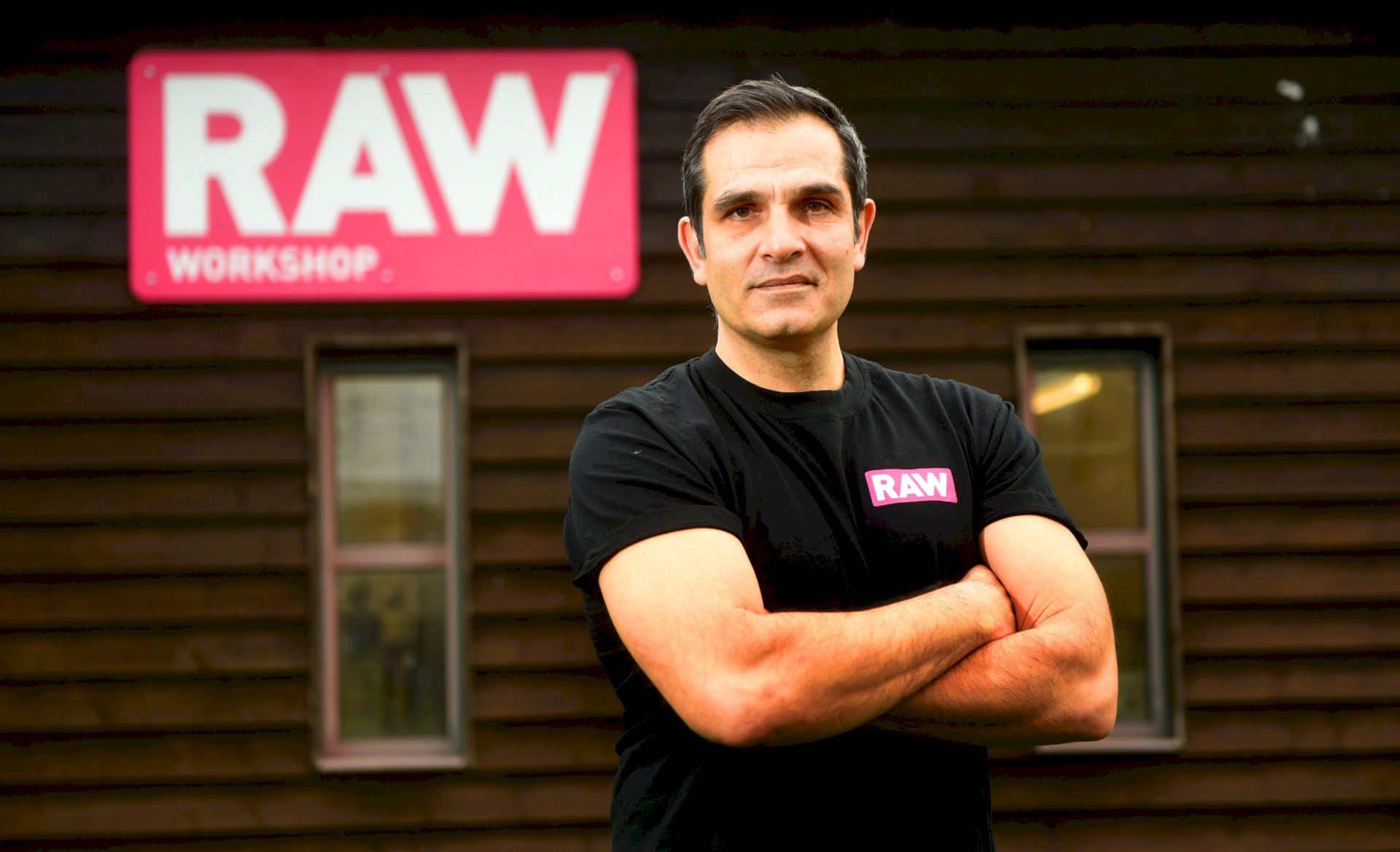In 2013 the BBC gathered together some sociologists and embarked on the delineation of a new class system. One question inquires as to the reader’s opinion on classical music, with a positive reply supposedly denoting upper class-hood. While this seems innately patronising, as with most stereotypes, there’s an undeniable grain of truth in there – classical music is treated differently by society. It’s exclusive, elitist and played by people wearing black tie in gilded, golden concert halls. It is reserved, seemingly, only for those whose tastes can keep step with the aesthetic transcendence of the composer and the technical mastery of the performer. Anyone can get down to Usher, but Mahler requires a masters and a double-barrelled surname.
Perception
It’s a shame that classical music is perceived in this way but it’s hard to elucidate that without sounding like an insufferable snob. Attempts to ‘get down with the kids’ to bridge cultural divides are always, by definition, cringeworthy. I grew up with classical music (piano playing runs in my family as strongly as anxiety and cynicism). I return to it because it is the incidental soundtrack to my youth. It reminds me of being six years old and sitting next to dad, my feet swinging under the stool, utterly enraptured, transfixed by his hands; impossibly fast and delicate, producing the most astounding music.
You can’t impose art on people, they have to find it themselves or, like me, be fortunate enough to be amongst it when they don’t know any different. Ahead of this month’s Oxford Proms I had the great pleasure of talking to Jocelyn Freeman, pianist for two of the three concerts. I wondered what could be done to diversify classical music and change its over-starched image. “Start small,” she told me with a considered tone. I discover she works with Live Music Now, an organisation that delivers music into communities, hospitals and care homes. “Recently we went into a primary school in northwest London with a singer. It was a packed gymnasium of children and, at the end, a girl came up to the singer and said ‘how do you sing like that?’ The singer said ‘lots and lots of practice’. The girl replied ‘I want to be that when I’m older.’”
Old Dead White Men
A look at any standard concert programme shows that the canon is principally populated by old, dead white men – a musical monoculture. Could classical music shed its image if this wasn’t so? “I hope so. Actually it’s very interesting in this year of the Suffragette centenary. There’s huge energy in the music world for programming more women composers.” In that vein, Jocelyn has recorded nearly all of the songs of the Welsh composer Dilys Elwin-Edwards with the soprano Elin Manahan Thomas, who recently sang at the royal wedding.
Aside from diversifying the faces of the genre, it’s about “making it human”. Though revered and elevated, “the Schuberts and the Bachs, you can hear in their music, they had their challenges.” She continued, “In many ways people feel that classical music has this elitism and it’s not that accessible, but actually it’s about life and the problems and challenges we face today.” As we talked, Jocelyn and I discovered a mutual love of Sergei Rachmaninoff, whose second piano concerto she will play at the Sheldonian on 18 August under the baton of Catherine Underwood.
Rachmaninov - Piano Concerto No. 2
If there’s any composition or composer that can show the humanity behind classical music’s pomp and circumstance then, for me, it’s Rachmaninoff and his famous concerto. I asked Jocelyn about the origin of this behemoth of the Romantic repertoire. She tells me that after his first symphony was panned by critics, Rachmaninoff went into a “three year depression where he hardly had any output at all. The guy who the concerto is dedicated to, Nickolai Dahl, was his therapist.” Unlike traditional classical concertos, the piano begins unaccompanied and without the main theme. “It also starts in the subdominant which I find fascinating. It comes from this submissive, searching, hollow place. Then the piece finishes with such triumph – it’s the journey he’s been through over the last three years. So much of the frustration and the self-doubt is expressed and overcome.”
With this story in mind, the piece comes alive. Here is a man with crippling self-doubt, returning to his calling with gritty but vulnerable determination and producing the most achingly beautiful, heart-rending music. It is also one of the most difficult pieces available to a pianist. Rachmaninoff was himself a virtuoso and had enormous hands that were 12 inches across. He also had a successful career as a conductor, something shared by Jocelyn. I ask if this gives her an advantage of perspective, like an actor directing a play. “The way it affects my interpretation of piano pieces is actually really exciting” she said with vigour, “it helps me take it away from the physical constraints of an instrument and lets my imagination run wild, which for Rachmaninoff is essential.”
Bringing classical music to a wider audience
It’s unlikely that the perception of classical music will change all too rapidly, but there are promising signs. Events like the Oxford Proms, organisations like Live Music Now and musicians like Jocelyn Freeman are all engaged with bringing classical music to a wider audience, sharing the wealth. For Jocelyn, this has a wider significance, as at a recent concert she “became aware of everyone’s focus all being in the same place. It was amazing. No one was looking at a phone and everyone was captured by the moment. I think for society, that is a beautiful thing.”
Jocelyn’s recordings with Elin Manahan Thomas are released 4 August











